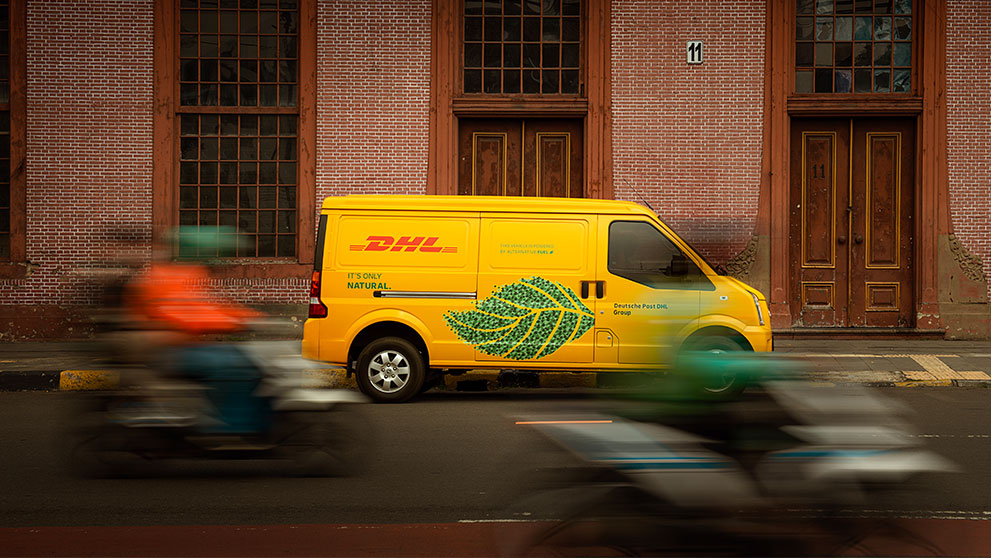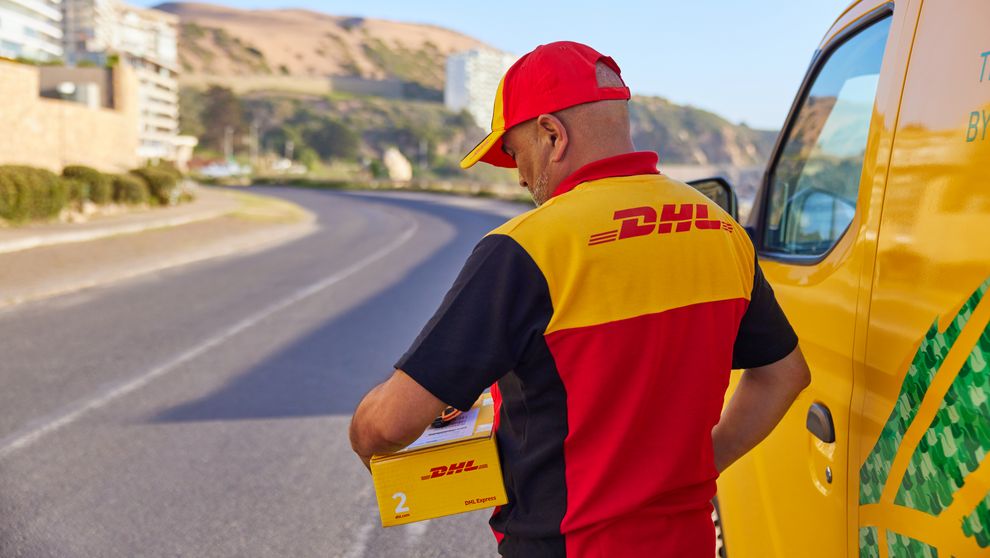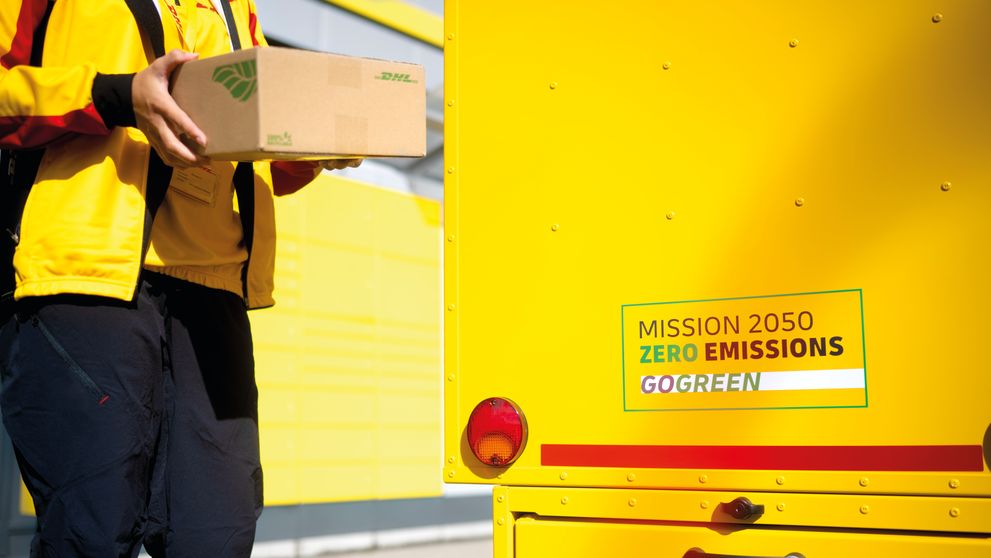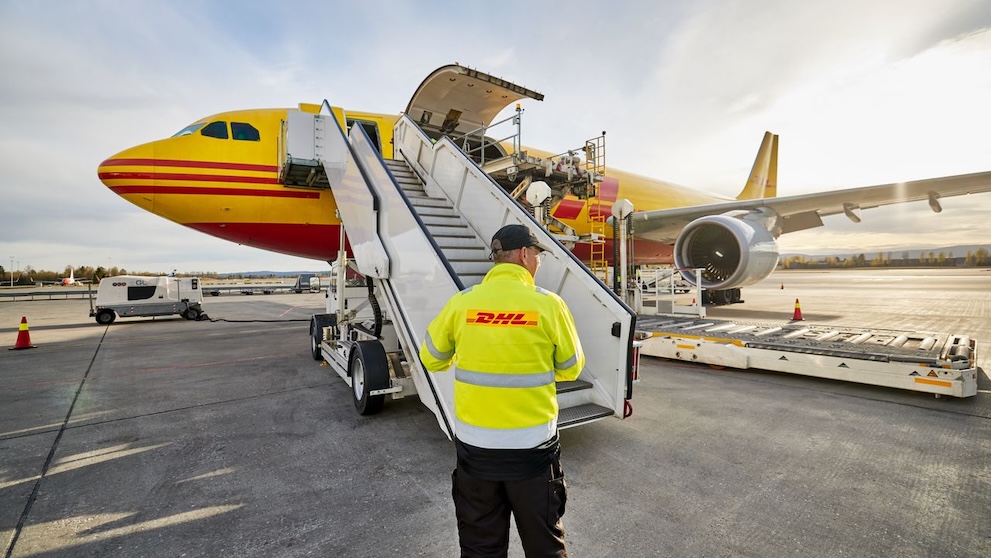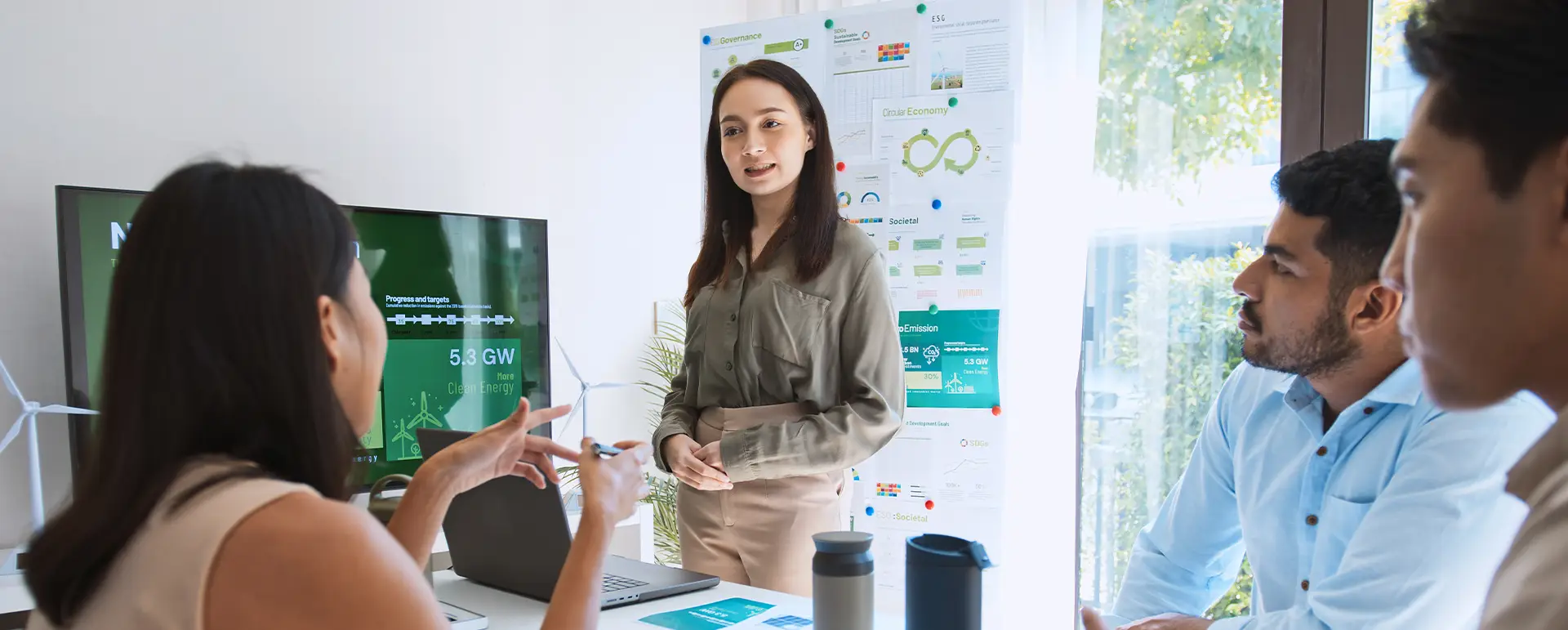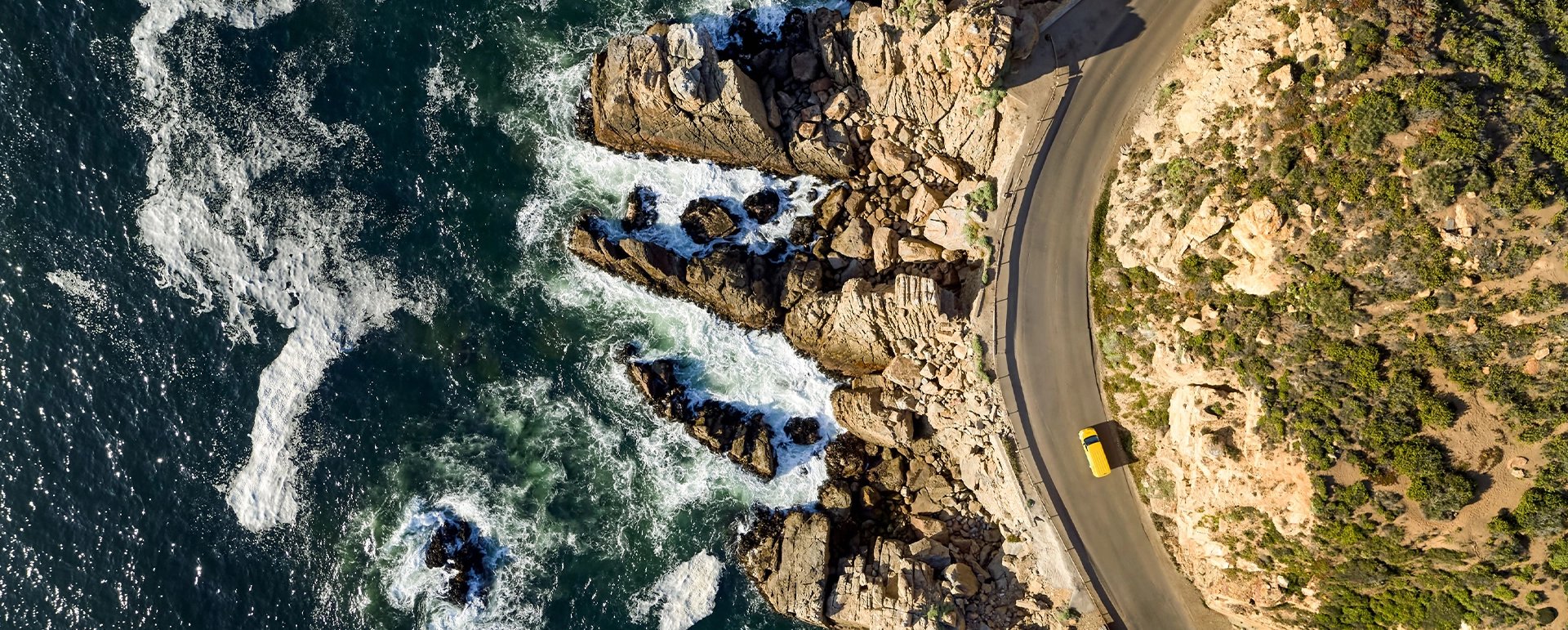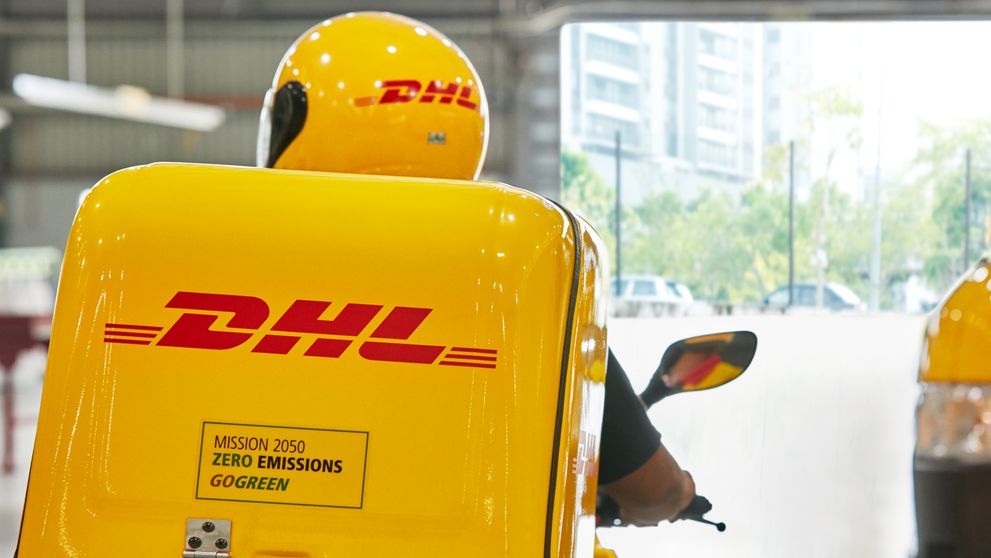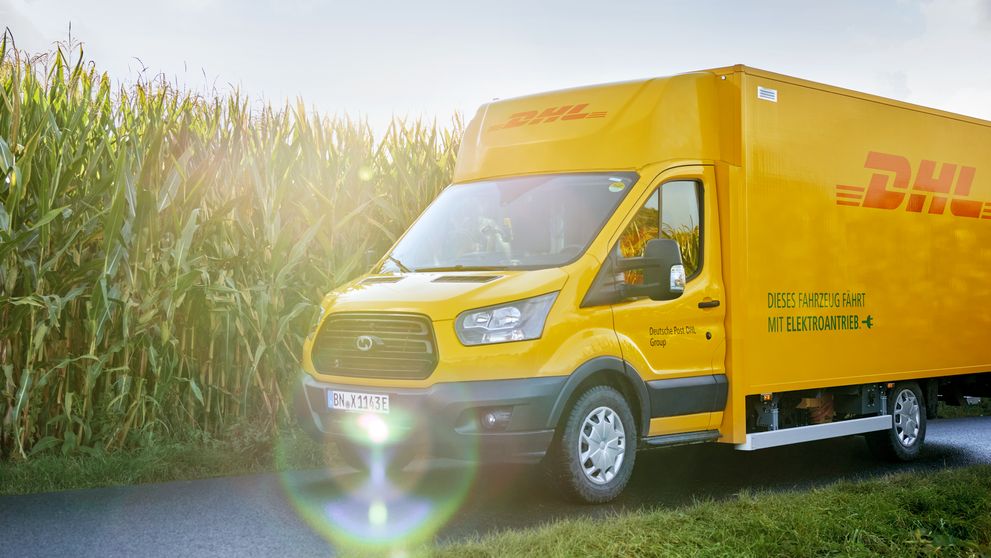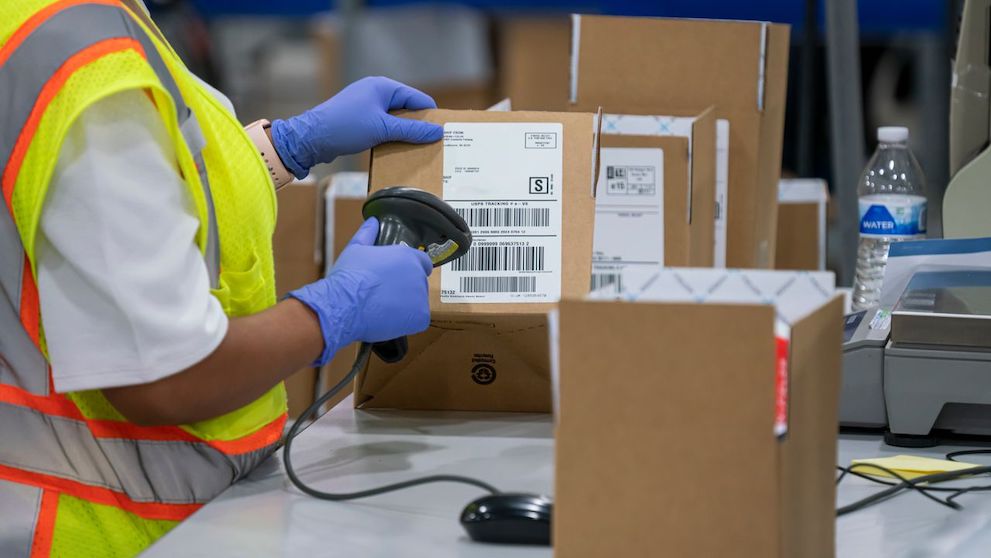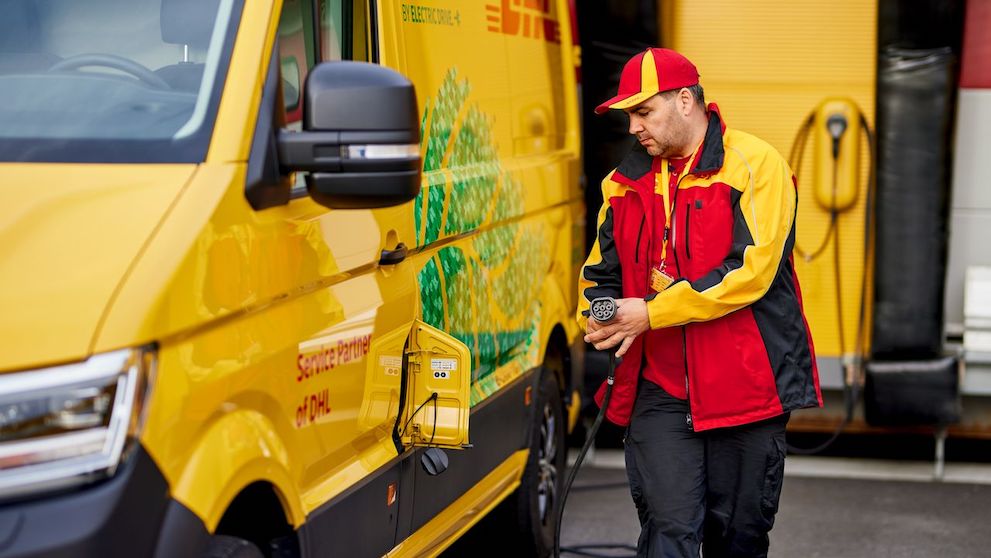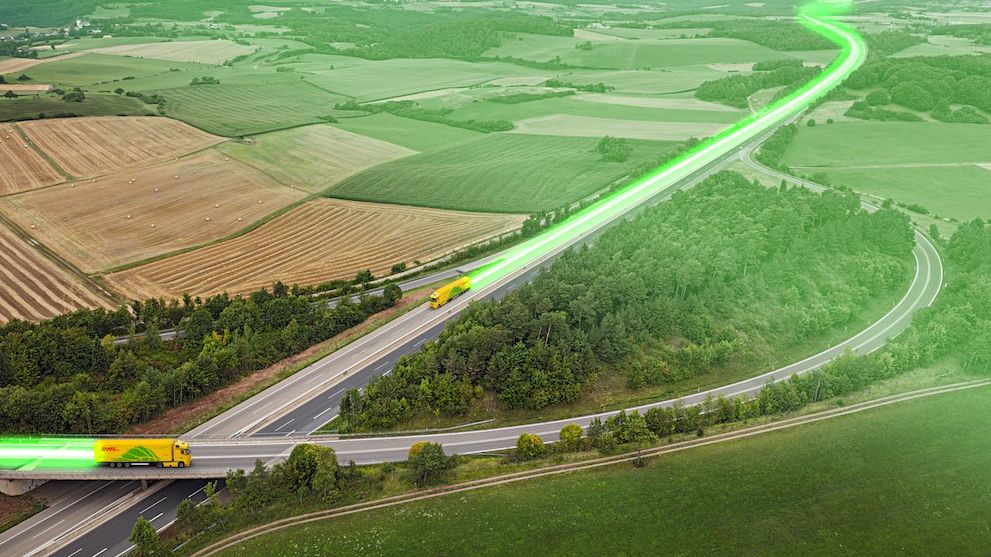According to Asian Development Bank data, the Asia and Pacific region is responsible for over 50% of global greenhouse gas emissions annually1, and a significant part of these emissions originates from the transportation2 industry, contributing 16% of the total emissions. Moreover, internal combustion engines (ICEs) alone release a staggering 8.4 billion metric tons of carbon dioxide each year, highlighting the urgent need for cleaner transportation alternatives.
In response to this global concern, Indonesia is undergoing a transformative shift from ICE vehicles to electric vehicles (EVs). This transition marks a step towards reducing carbon emissions in the transportation sector and fostering a more sustainable future.
With increasing consumer awareness and government incentives, the EV market in Indonesia is quickly growing. In this article, we’ll explore the opportunities this burgeoning automotive industry can offer to businesses. At the same time, we’ll show you how partnering with DHL Express can help your business take steps toward sustainability.
Current trends in the Indonesian EV market3
As Indonesia accelerates its push towards sustainable transportation, the country’s EV industry is rapidly evolving with it. Several market trends are shaping this progress:
- Government Support: The Indonesian government is actively encouraging the adoption of EVs through a range of incentives, including tax breaks and subsidies. As a result, there has been a favorable environment for EV market growth.
- Rising Consumer Demand: Maximize Market Research predicts that electric vehicle sales in Indonesia could reach 250,000 units by 20305. This growing demand is influenced by factors like rising fuel prices, greater consumer awareness of environmental issues, and the appeal of innovative technology.
- Investment and Expansion: Companies both within Indonesia and abroad are investing significantly in the country's EV ecosystem. This includes building manufacturing plants, expanding the network of charging stations, and introducing new EV models to meet the increasing demand.
- Focus on Domestic Production: Indonesia is strategically taking advantage its abundant nickel reserves, a crucial component in EV batteries, to become a major player in the EV supply chain.
These trends in the EV market are closely aligned with Indonesia's commitment to achieving net-zero emissions. The country has set an ambitious goal to significantly reduce carbon emissions, aiming to limit the temperature increase to 1.5°C above pre-industrial levels, according to the guidelines provided by the Paris Climate Change Agreement. With the transportation sector being a major source of greenhouse gas emissions, the move toward EVs has been an important component of Indonesia's strategy for creating a cleaner environment.
DHL’s commitment to zero emissions and a cleaner environment6

As Indonesia accelerates its efforts to achieve net-zero emissions, DHL Express has followed suit by adopting sustainable practices. As a global leader in logistics, we’ve been supporting this goal through a range of strategies:
- Sustainable Aviation Fuels (SAF): DHL Express is actively increasing its use of Sustainable Aviation Fuels, which uses fuel from renewable sources. By foregoing conventional jet fuel, we’ve been taking steps towards decarbonizing air freight and reducing the environmental impact of our global delivery network.
- Electric Vehicles and Green Hubs: DHL Express is actively electrifying its delivery fleet, incorporating electric vans for last-mile delivery and establishing EV logistics hubs.
- Smarter Route Planning: By optimizing delivery routes and utilizing advanced technology, DHL Express is minimizing mileage and fuel consumption. Consequently, we’ve been helping businesses improve their operational efficiency and delivery times.
- Investing in Green Infrastructure: DHL Express is also investing in green infrastructure for its facilities, including solar panels and energy-efficient lighting.
- Engaging with Partners and Customers: DHL Express is actively collaborating with partners and customers to promote sustainable practices throughout the supply chain. Through this initiative, we’ve been offering sustainable international courier options and encouraging the adoption of eco-friendly packaging.
Opportunities for businesses in the EV industry9
With supportive government policies, growing consumer demand, and a strategic focus on domestic production, the Indonesian EV industry is poised for significant expansion. Here are some ways you can take advantage of the opportunities in the country’s electric car market:
1. Investment in EV infrastructure
As the EV industry grows, so does the need for supporting infrastructure. Businesses can profit from this opportunity by investing in the development of charging stations, battery-swapping networks, and other services that serve the needs of electric car owners.
2. EV manufacturing and supply chain
Indonesia's ambition to become a global hub for EV production opens doors for businesses involved in manufacturing, component supply, and battery technology. With abundant nickel reserves, Indonesia has a strategic advantage in battery production, attracting investment and creating business opportunities in the electric vehicle supply chain.
3. Innovation and technology
The EV industry is a hotbed for innovation, with continuous advancements in battery technology, charging solutions, and vehicle design. Businesses can also capitalize on this trend by developing and offering cutting-edge technologies that serve the evolving needs of the EV market.
Related news and updates from DHL10
In line with its global environmental goals, DHL recently launched its first EV logistics hub in Batam, Indonesia. And for businesses exploring the electric vehicle market, this state-of-the-art facility offers a comprehensive suite of services, including:
- Inbound and outbound logistics across various transportation modes.
- Warehousing with value-added services like battery checks and charging.
- Full aftermarket battery handling, including storage, recharging, and dealer services.
- Temperature and humidity-controlled rooms for sensitive cargo.
- A one-stop solution with chambers for both general and dangerous goods.
Driving towards a sustainable future with DHL Express
From investment in charging infrastructure and domestic electric car production to the development of innovative technologies and sustainable transportation solutions, businesses have a unique chance to contribute to a cleaner environment while capitalizing on this growing industry in Indonesia.
DHL Express is committed to playing a leading role in this transition, as demonstrated by its zero-emissions goals and initiatives like the EV logistics hub in Batam. By providing sustainable international logistics solutions and supporting the growth of the EV ecosystem, DHL Express is paving the way for a greener future.
Ready to explore the opportunities in Indonesia's EV market and contribute to a more sustainable future? Open a business account and let DHL Express be your logistics partner while navigating the electric vehicle industry.
- Data Stories
- Transportation emissions worldwide - statistics & facts
- Supporting development of Indonesia’s EV industry
- Indonesia’s Path to Net-Zero Emission: Measuring Road Transport Emissions as the Foundation for a Sustainable Transport Policy
- Indonesia Electric Vehicle Market – Industry Analysis and Forecast (2022-2029)
- DHL Global Forwarding Indonesia Launches Its First EV Logistics Hub
- How DHL is playing its part for the planet and its people
- The Growing Marketability of EVs in Indonesia
- Indonesia's EV is open for business
- DHL Global Forwarding Indonesia Launches Its First EV Logistics Hub
